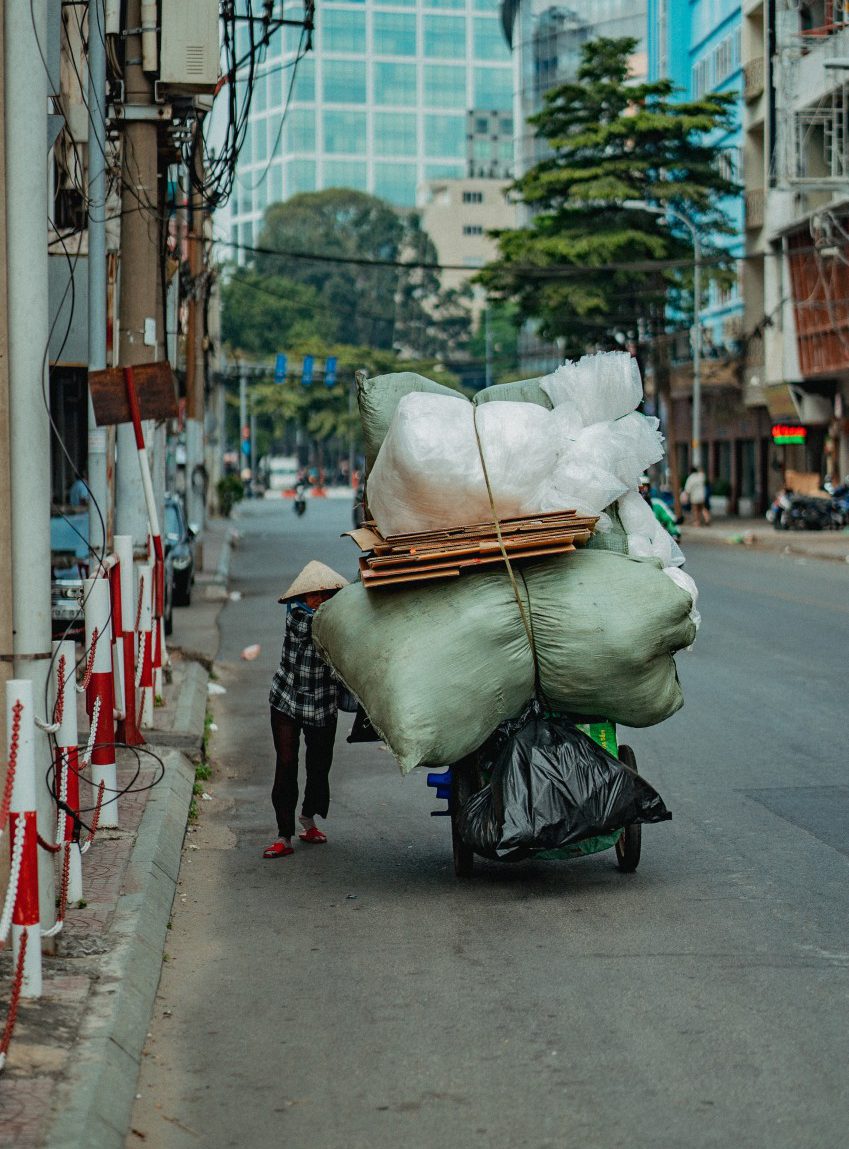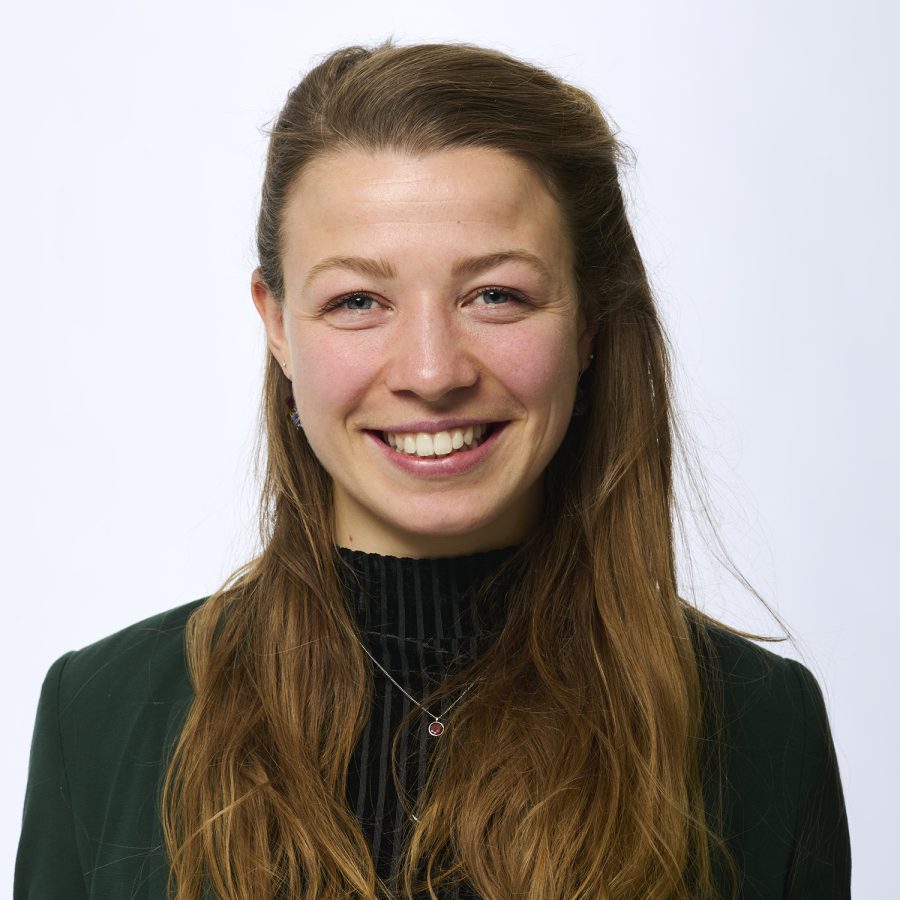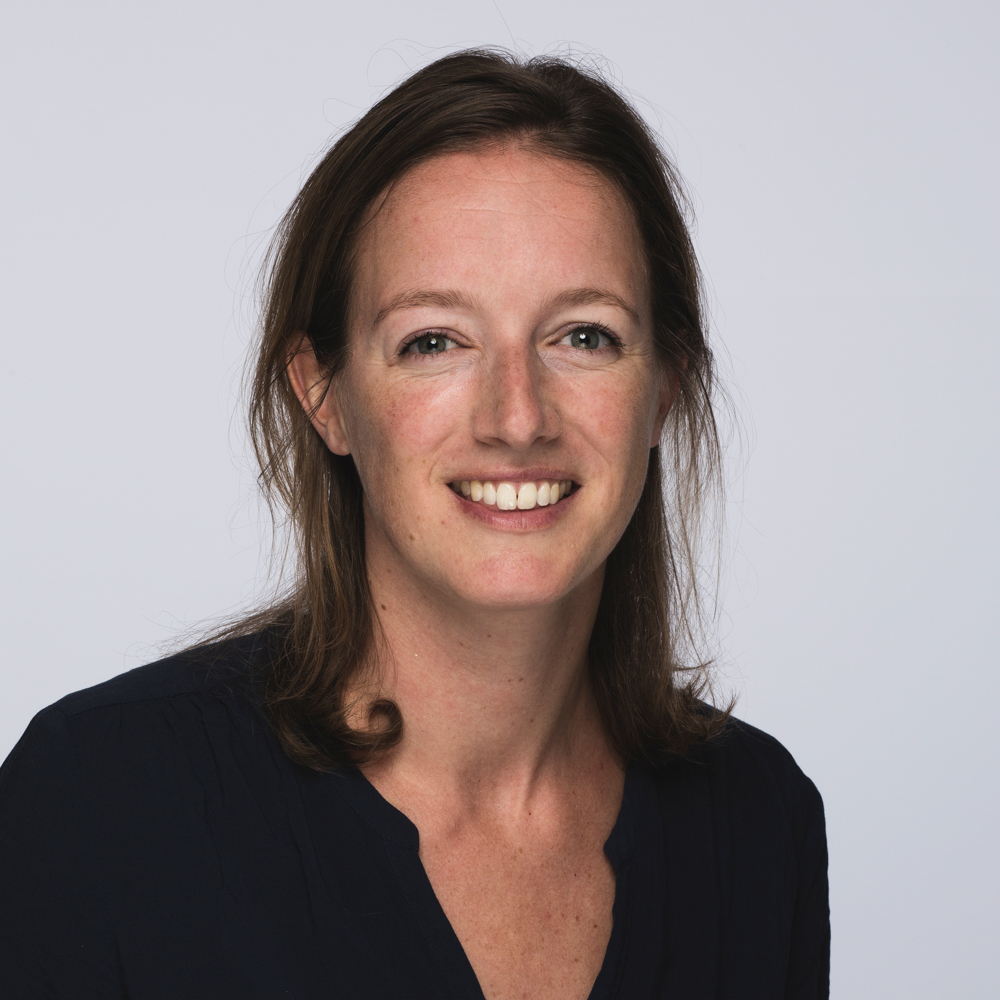Circular Plastics Value Chain In Indonesia
Circular Plastics Value Chain In Indonesia
Rebel is working with a consortium of Dutch innovative businesses and Indonesian partners towards funding a long-term circular plastics value chain in Indonesia.

The challenge
By 2050, it is estimated the volume of plastic will be greater than that of fish in the sea. In raw numbers, this means that every 20 minutes, the equivalent of a 10-ton truckload of plastic is dumped into the waters around Indonesia, according to the World Bank. Urgent action is needed to turn the tide of plastic waste and pollution in Indonesia.
The solution
According to Indonesia’s National Plastics Action Plan, seventy percent of all Indonesia’s plastic waste – an estimated 4.8 million tonnes per year – is mismanaged. Mismanagement means the plastic waste is either openly burned (releasing toxins to the air people breath), dumped on land or so-called open dump sites (which are basically unmanaged) or it leaks into waterways and in the end in the ocean. The situation is expected to worsen in the coming years.
To tackle this issue Rebel works with various parties that provide solutions that combine state-of-the art technology adapted to the local situation in Indonesia.
Upp! is setting up an Upp! Circular Plastic Factory in Surabaya providing a local solution for locally sourced low value mixed plastics with a unique Australian technology to turn those into robust and recyclable building materials for the local market. Umincorp facilitates high quality sorting of rigid plastics with their Magnetic Density Separation technology. And SweepSmart collects and sorts waste in a semi-automated process combining local and the latest European waste management practices. They will start implementing and making impact in Indonesia from early 2022 onwards.
Impact
Combatting Indonesia's plastic pollution problem by collaborating on several plastic recycling and upcycling initiatives.

